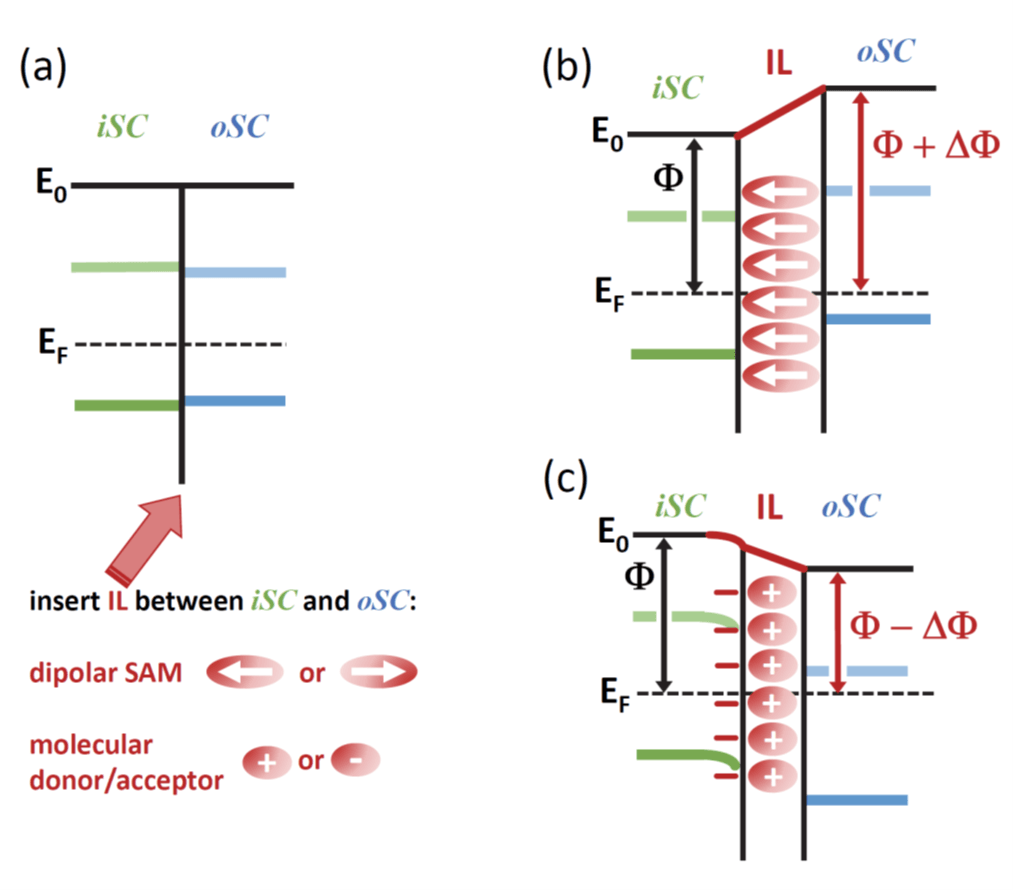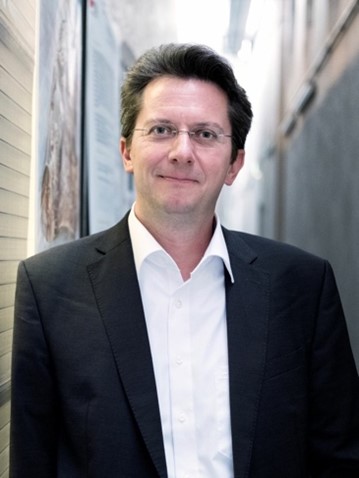SEMINAR 2023
Ground state charge transfer phenomena for controlling energy levels of semiconductor heterojunctions
| Speaker | Prof Norbert Koch, Department of Physics, Humboldt University of Berlin |
| Host | Goki Eda |
| Date/Time | Friday, 10 February 2023, 2 PM |
| Location | Physics Conference Room (S11-02-07) |
Abstract
The realization of electronic and optoelectronic devices with superior functionality and efficiency relies on the ability to tailor the electronic energy levels of the utilized materials and their heterojunctions. The key prerequisite for this is a comprehensive understanding of the materials’ intrinsic properties and their physicochemical interactions at interfacial interactions. For many inorganic and organic semiconductors pertinent knowledge has been acquired, and several opportunities to tune the energy level alignment at inorganic/organic semiconductor junctions are available. After a brief reminder of a few specifics of the two materials classes, modern approaches for energy level tuning are explained, and their capability to span a tuning-range of presently up to 3 eV is exemplified.

Another attractive material class, particularly for reaching the ultimate miniaturization of devices, are two-dimensional semiconductors in the monolayer limit, such as transition metal dichalcogenides (TMDCs). Studying their intrinsic electronic properties on insulating substrates with photoelectron spectroscopy is a major challenge, which has meanwhile been mastered. This enabled disentangling the fundamental substrate-dependent ground state charge transfer phenomena between TMDCs and molecular electron acceptors towards doping. These will be discussed, as well as a recently found pronounced temperature-dependence of charge transfer in a three-component van der Waals heterostructure.


Biography
Norbert Koch studied technical physics at the Technische Universität Graz, Austria. At the same university he received a doctorate in solid state physics in 2000. He spent the following two years as postdoc at Princeton University and worked on organic/metal interfaces and covalently surface-bound self-assembled monolayers. After moving to Berlin in 2003, he started building his own group, and unraveled a comprehensive understanding of interfaces of organic semiconductors with inorganic materials and developed methods to optimize interface electronic properties. In 2009 he was appointed as professor in the Department of Physics of Humboldt-Universität zu Berlin, and in 2010 his group at Helmholtz-Zentrum Berlin für Materialien und Energie was established. At present, doping of organic semiconductors, and interfacial phenomena with perovskites and 2D materials are in the focus of his research agenda.
